Hey Changemakers,
I am so excited to continue with this podcast series here at Agents of Change, which gives me an opportunity to bring in the insights and perspectives of some incredible thinkers doing the work of making change happen. A huge “thank you” to all the listeners out there!
Also, if you haven’t heard the news yet, “Agents of Change” is now on Apple Podcasts, so it’s even easier to follow along and listen to each new episode in the same place you listen to all your podcasts.
Finally, before we dive in — a key reminder. We are only one week away from the Fall Community-Centered Engagement Intensive, which begins next Wednesday, October 30.
This will be the final time I run this 3-part online workshop that’s focused on building a stronger community-centered practice in your organization.
And as part of the Fall Intensive, I’ve invited this week’s guest for the podcast, Marianna Pegno, to join us as a guest for one of the sessions. So if you register, you’ll have a chance to meet her and ask her questions a few weeks from now!
Needless to say, if you’re inspired by what you hear in this episode’s conversation, now is the perfect time to register and be a part of this final cohort.
Onto the Episode…
For today’s episode, I am joined by Marianna Pegno, Director of Engagement and Inclusion at the Tucson Museum of Art and Historic Block. In this role, she focuses on building a culturally relevant, community-based institution through programs, exhibitions, and partnerships. Marianna has also been a key leader in the Tucson Museum of Art’s recent “Community-Based Curation” Toolkit, a fabulous resource for anyone interested in involving community groups in exhibition planning. Marianna holds a PhD in Art and Visual Culture Education from the University of Arizona, and is co-editor and author of the new book “Institutional Change for Museums: A Practical Guide to Creating Polyvocal Spaces.”
I was so fortunate to meet up with Marianna at the recent Western Museums Association conference in Tucson, Arizona, where I attended her session on the Tucson Museum of Art’s toolkit – and where we had some time to connect and talk more about the importance of community-centered practice in museums.
For this conversation, we decided to dive into an often-overlooked aspect of community engagement work, and that’s power.
Our conversation focused on how power operates in both internal and external contexts, particularly in community-based partnerships. Marianna shared her experience working with refugee and immigrant communities in Tucson, highlighting key moments where she’s had to navigate and negotiate power within the museum and in collaborations with external organizations and groups.
Here are some of the key questions we unpack in this episode:
How do power dynamics impact the relationships between museums and communities?
What does it mean to "share" power, and is that the best framework for thinking about power in community engagement?
How can we recognize the power that communities already hold, and not just focus on what museums need to share?
What are practical strategies for shifting power in ways that foster deeper trust and collaboration?
I'd like to extend a heartfelt thank you to Marianna for taking the time to share her insights and experiences with me on this episode.
Her dedication to advocating for community engagement and fostering meaningful partnerships in museums is truly inspiring. I'm grateful for the thoughtful conversation and the important work she continues to do in helping museums become more inclusive, relevant, community-centered spaces.
One More Reminder About the Upcoming Workshop
The Community-Centered Engagement workshop is a three part online workshop that begins next week! The workshop will be held on:
Wednesday, 10/30, 2-4 pm Eastern (11 am-1 pm Pacific)
Wednesday, 11/6, 2-4 pm Eastern (11 am-1 pm Pacific)
Wednesday, 11/13, 2-4 pm Eastern (11 am-1 pm Pacific)
We’ll have a mix of discussion, prompts, and breakouts. It’ll be an opportunity to learn and share with others throughout the process!
You'll receive a Zoom link and follow up details after you sign up.
And if you are worried about time conflicts please reach out to me! I am happy to discuss additional support with a check-in meeting for those who might not be able to every workshop. Or you have any other questions at all, my email address is murawski27@gmail.com!
Episode Resources
David O. Renz (2020), Reframing Governance III
Blythe Butler and Sami Berger (2020), Network Governance as an Empowerment Tool
Visible Network Labs (2020), Network Governance Structures Infographics
Tucson Museum of Art’s Community-Based Curation Toolkit
Institutional Change for Museums: A Practical Guide to Creating Polyvocal Spaces (if you order through Routledge, here is a 20% Discount code: AFLY03)




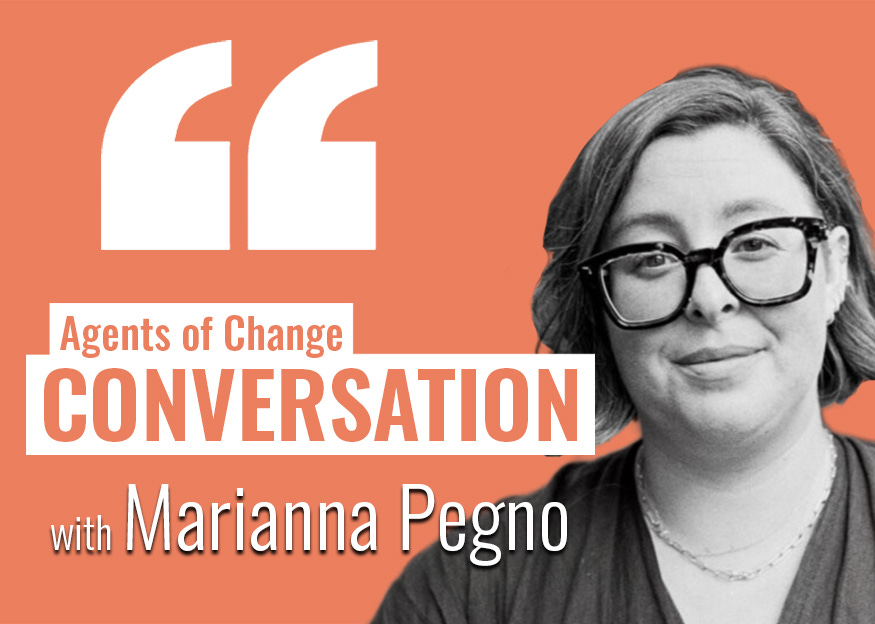

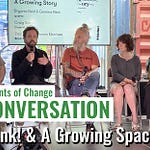
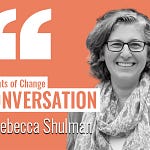
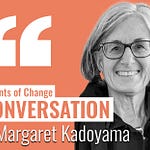
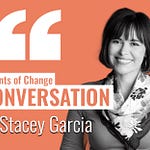
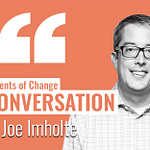

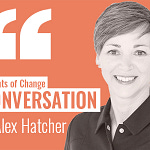
Share this post